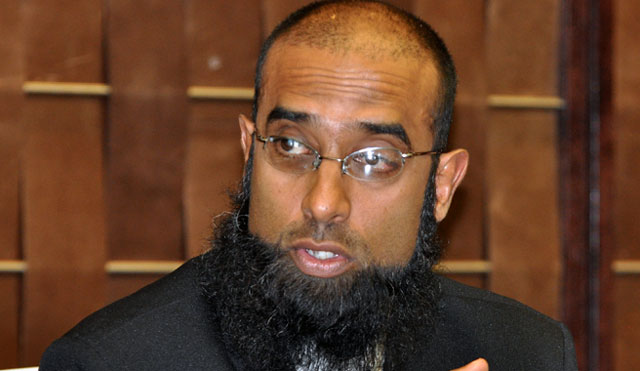
South Africa has to choose between having many telecommunications operators or encouraging investment from existing players to drive down prices and increase adoption.
That’s according to MTN South Africa CEO Zunaid Bulbulia, who supports the latter approach. Bulbulia made the comments at a consumer telecoms conference in Johannesburg on Wednesday.
“We have two choices,” he says. “On one side, there’s this desire or potential to have lots of operators in South Africa and lots of competition. Government and the regulator can intervene in the market to bring prices down to drive growth and adoption.
“The second [choice] is effectively to say that the best way to drive growth in this industry is through making the environment conducive to those with access to capital to invest even further. This creates an industry with continuous investment that the country benefits from.”
Bulbulia says there are “no prizes” for guessing which route MTN favours.
“We believe that the best way forward is making this an investor-friendly sector to operate in as opposed to lots of competitors and very low pricing.”
Pointing to Europe as an example of a market with high degrees of competition. In the past decade, regulatory authorities and governments in the region have licensed almost 20 new entrants and pushed retail pricing down, he says.
“Today, some operators have returned their licences and others are bankrupt. [Of the 20], there are seven left, and many have stopped investing in their networks because the returns are less than the cost of capital. It’s what I would term ‘market failure’.”
In the US, regulators and government have engaged in “active encouragement of consolidation”, resulting in two big players, AT&T and Verizon, Bulbulia says. “The result is that the investment that is going on in the States is at an unprecedented scale. Europe, on the other hand, has gone backwards.”
In the US market, there has been a “huge drive to push further adoption of technology” and that the “quality of service and the extent of product innovation” far outstrips that seen in Europe.
Adoption of next-generation 4G/LTE networks in the US is also “far higher than in Europe because the business case is conducive to making a return”.
Bulbulia says India had similar “market failure” to Europe because until recently there were about 30 operators and incredibly low call rates. “Only two operators remain financially viable; the other 28 are looking to sell their businesses or return their licences and pricing has been going upwards for the last two quarters to try to make smaller players viable. That’s unseen anywhere else.”
According to Bulbulia, the discussion around which direction South Africa should take is particularly pressing given telecoms regulator Icasa’s announcement last Friday of its draft call termination rates and rival Cell C’s complaint against MTN and Vodacom lodged at the Competition Commission this week.
“It’s important for policy makers to understand the learnings that have come from other markets where similar things have been done and that the results have not been very positive.”
Bulbulia says there’s a “genuine belief” at MTN that “one of the key ways to improve lives of all South Africans, and not just a certain sector, is to invest in this industry”.
“That will only really take place if the investment case makes sense,” he says. “The reason we’re doing this is because we’ve seen that market failure is a very real certainty if [government and the regulator] continue to do what we’ve seen in the likes of Europe and India.” — (c) 2013 NewsCentral Media




